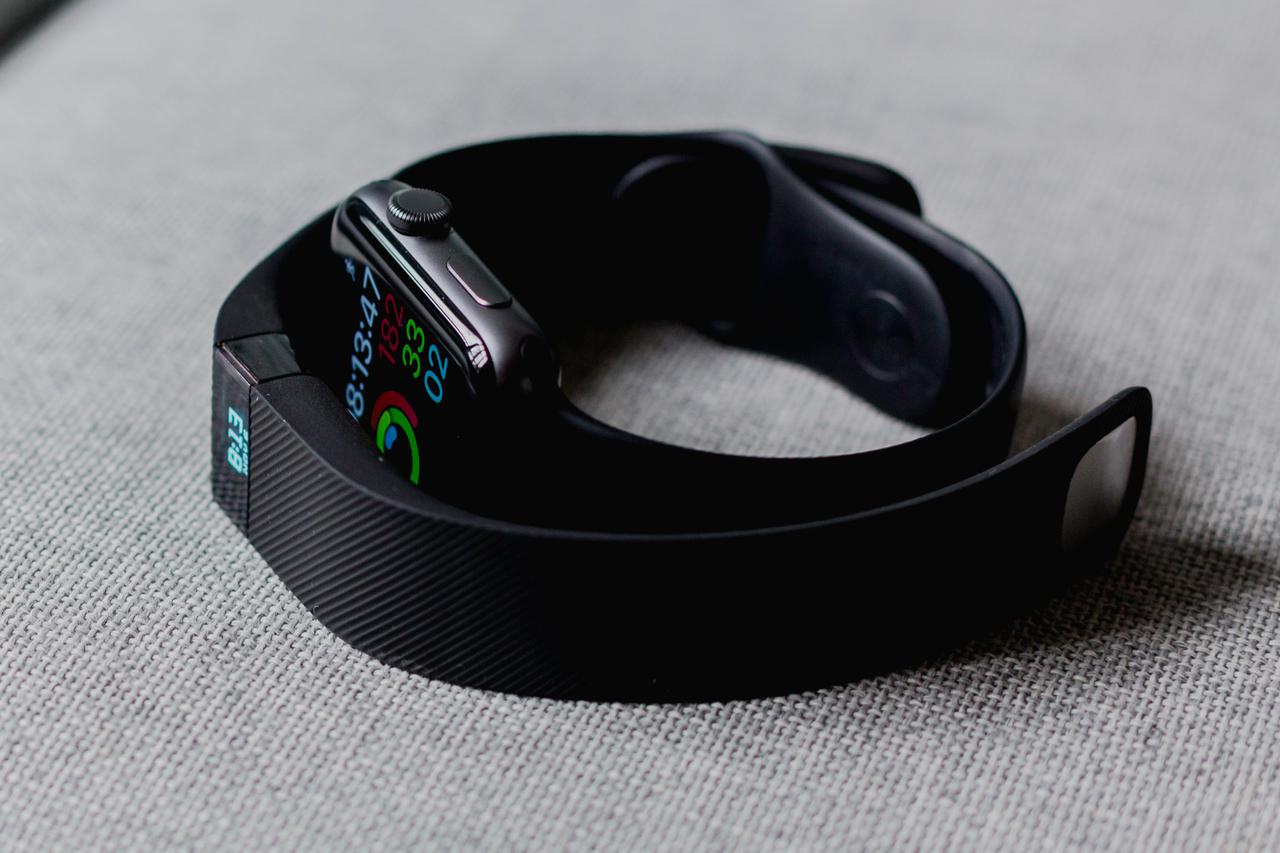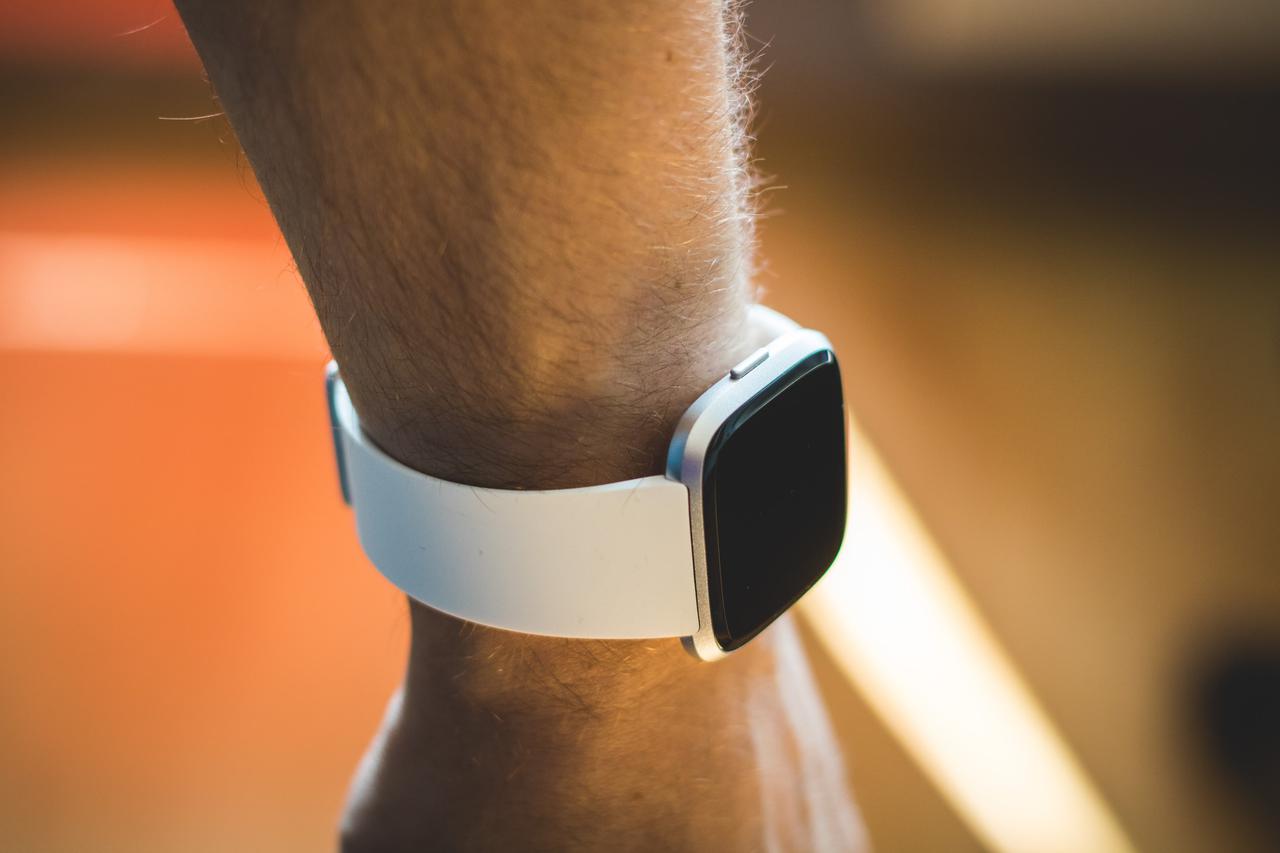With today’s technology, people can remain independent in their homes even with health concerns or limited mobility. If you have a loved one who’s growing older who you’re concerned about living on their own, tech offers peace of mind. Knowing that you can reach the people you care about, anytime, no matter what makes a big difference in your daily life. Wearable technology can help the elderly stay in contact with their loved ones, on top of their health, and be independent in their homes.
Wearable technology is a non-invasive way to track your health metrics without interrupting your day. Devices use motion and light sensors to record data to give you immediate insight into your body’s performance. Wearables can tell you, with the touch of a button, about:
You can pair your device with a heart-health-specific app that periodically checks your health metrics for irregularities. While wearable technology cannot predict or notify you of cardiac events, you can get greater insight into your heart rate patterns while exercising and at rest––data you can also share with your doctor.

As you get older, staying active is essential for your heart and overall health. Walks and low-impact cardio workouts are essential daily activities for seniors. Wearable technology makes it easy to include light exercise as part of your routine.
A wearable device works like a personal trainer to remind you to stay active and record your activity level throughout the day and week.
Wearable devices offer reminders for whatever you may need, from morning alarms to taking medication or eating meals. It’s common for seniors living on their own to lose track of time or find themselves forgetting to do little chores and daily tasks. A chime or vibration from a tech device can help maintain routines that support long-term independence at home.
There’s no limit to the number of alarms you can set with your device to take medications, call friends and family, or take your daily exercise.
Wearable technology doesn’t offer precision, but the data pattern over time can help alert users to potential health problems. If you notice your heart rate or blood pressure suddenly higher or lower than usual, it could be a sign that something is wrong.
Similarly, if your sleep quality worsens, you can provide your doctor with precise data about when the change occurred. Wearables provide you with more information about your health that you can share with your doctor for greater insight into your health.

One of the most significant advantages of wearable technology for seniors is that it provides constant two-way communication with loved ones. After a home accident, such as a fall, you can contact emergency services or loved ones for help.
Knowing you can get in contact whenever you need to gives you unparalleled peace of mind if you have a family member or older loved one living on their own.
With Doha Inc., you access the latest technology, including laptops, phones, and wearables, with the most current software. Instead of choosing between the considerable cost of purchasing new technology every few years and dealing with slow and unpredictable devices, you can have the best of both worlds. Our subscription service delivers cutting-edge technology that performs as expected, every time.
Whether you’re a senior living on your own or you’re worried about an aging family member, wearable technology for the elderly can help you feel secure and confident.
